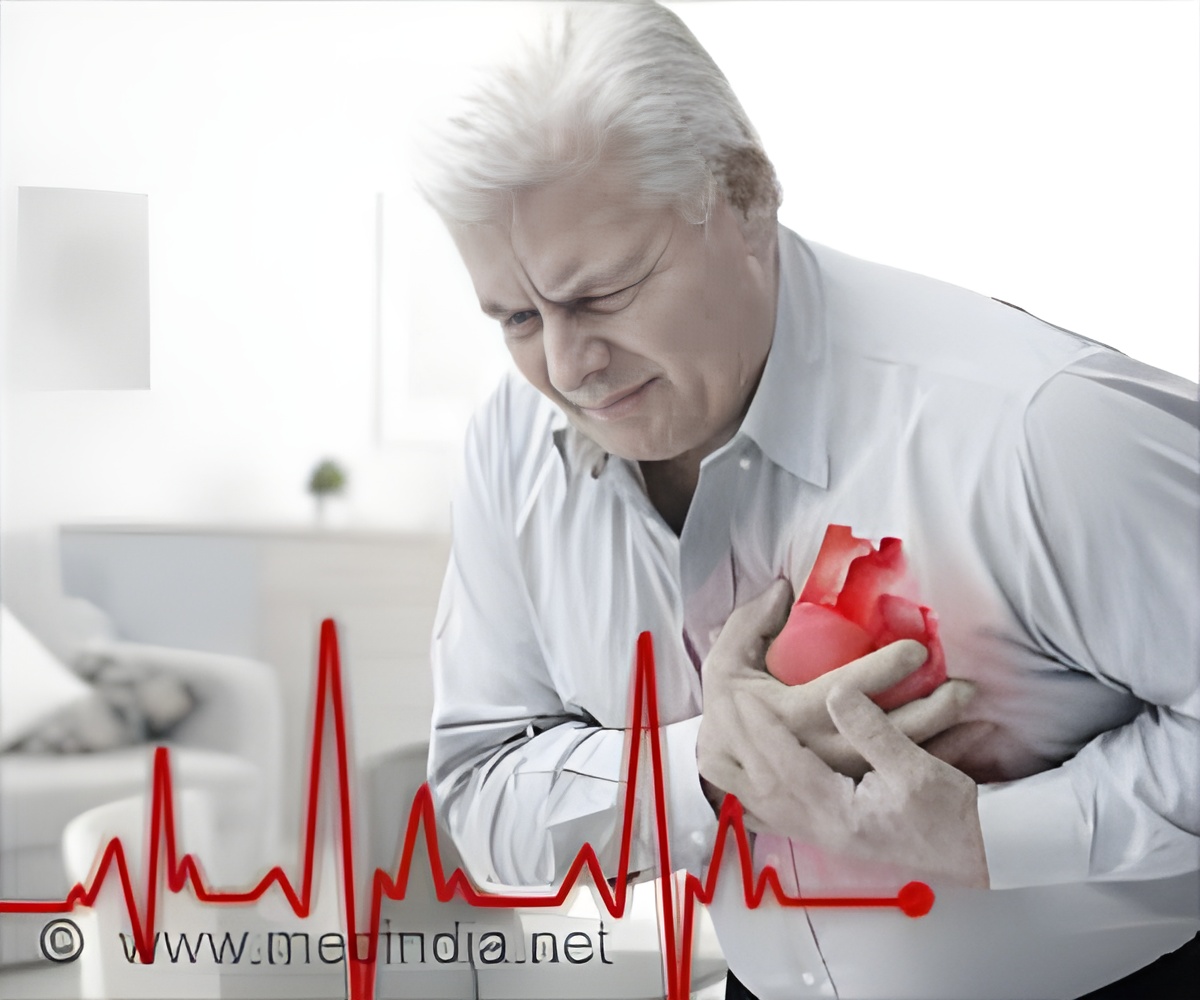Weekday mornings, especially Mondays were the danger zones for unexpected deaths from sudden cardiac arrests, but a new study highlights that sudden cardiac arrests are more likely to happen on any day at any time.

‘Sudden cardiac arrests are more likely to occur on any day at any time not only on weekday mornings and Mondays.’
Read More..




"While there are likely several reasons to explain why more cardiac arrests happen outside of previously identified peak times, stress is likely a major factor," said Sumeet Chugh, MD, professor of medicine and associate director of the Smidt Heart Institute at Cedars-Sinai. Read More..
"We now live in a fast-paced, 'always on' era that causes increased psycho-social stress and possibly, an increase in the likelihood of sudden cardiac arrest," said Chugh, the primary investigator on the study.
Chugh's team of investigators analyzed data from the community-based Oregon Sudden Unexpected Death Study between 2004 to 2014. All reported cases were based on emergency medical service reports containing detailed information regarding the cause of the cardiac arrest.
Key findings include:
- Of the 1,535 patients who died from sudden cardiac arrest, only 13.9 percent died in the early morning hours between 6 - 10 a.m.
- There was no evidence that more sudden cardiac arrests occurred on Mondays.
- Aside from stress, other contributing factors may be a shift in how high-risk patients are being treated, as well as inadequacies in how past studies have measured time of death caused by sudden cardiac arrest (such as using time of death found on a death certificate versus time of death when sudden cardiac arrest actually occurred).
Although "sudden cardiac arrest" and "heart attack" often are used interchangeably, the terms are not synonymous. Unlike heart attacks (myocardial infarctions), which are typically caused by clogged coronary arteries reducing blood flow to the heart muscle, a sudden cardiac arrest is the result of the defective electrical activity of the heart.
Advertisement
The Oregon Sudden Unexpected Death Study is a comprehensive, 16-hospital, multiyear assessment of cardiac deaths in the 1 million population Portland, Oregon, metropolitan area. Led by Chugh, the project - now ongoing for more than 15 years - provides researchers with unique, community-based information to help determine the causes of sudden cardiac arrest.
Advertisement
"This is just another piece to the puzzle. Our next steps are to conclusively determine the underlying reasons behind this shift, then identify public health implications as a result."
Source-Eurekalert












